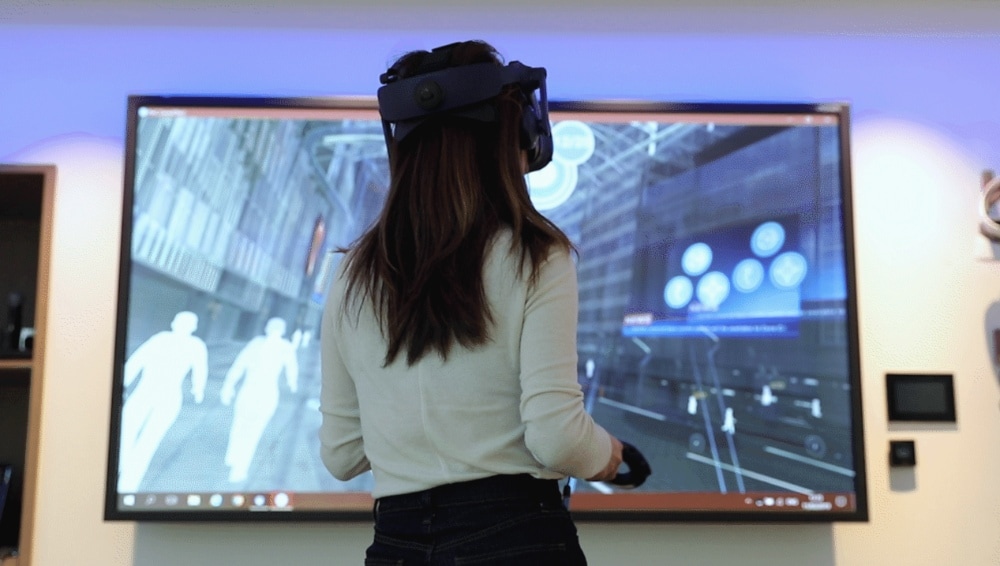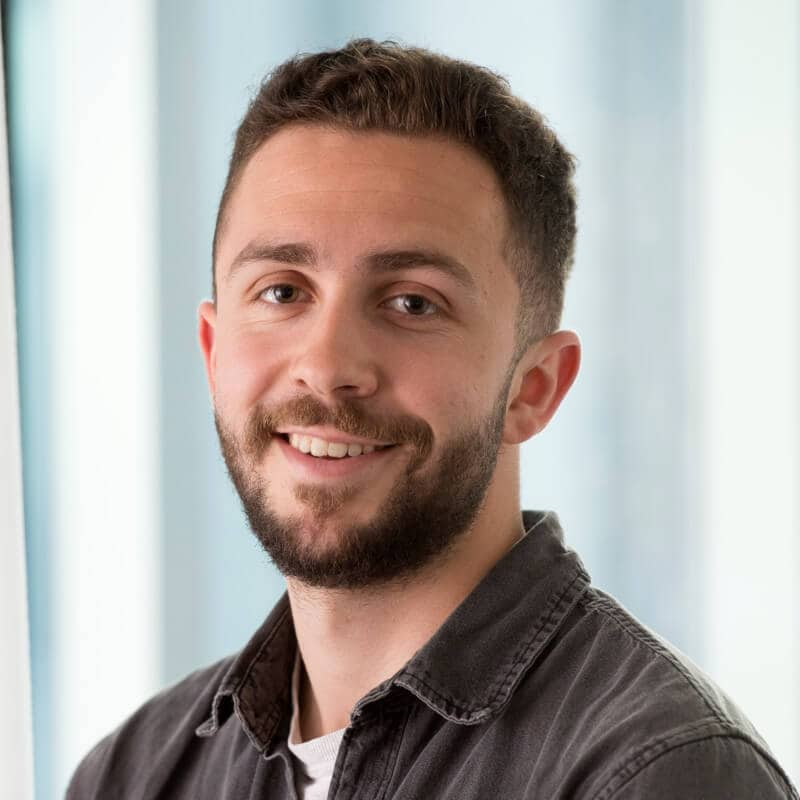
Four ways VR will change how we experience the world
Virtual Reality (VR) is not a new technology - versions of it have been used since the 60s - but it is a tool that is going through radical evolution. Some of the biggest leaps in particular have been in transforming the gaming and entertainment industry. However there have been some incredible advancements in industries across the field with some exciting new possibilities. From a designer's perspective the opportunities for future VR interactions have just begun to present themselves, so what are the most exciting advancements we can expect?
Simply said, VR has the ability to fundamentally change the way we experience the world. Or at least “a world”; one of our own making. Here are four mind shifting perspectives that VR unlocks.

Scale
One of the most interesting and perspective-bending abilities of VR is the capability to immerse ourselves completely into an environment totally outside of our regular size, positioning us in a new relationship with the world. The growing field of Immersive Microscopy is putting doctors and scientists into microscopic worlds, giving them literal new perspectives of what is happening inside the human body, down to the scale of connected networks of neurons within the brain structure.
Being able to visualise and manipulate the world at this scale holds incredible possibilities into solving medical problems, the potential of which has generated a lot of interest in the field from outside investors.
Time
Digital 3D environments are already being used to build real life scenarios, allowing us to look back at past events. Forensic Architects are at the forefront of this time warping application, rebuilding past historical events from multiple sources, rebuilding them in virtual 3D and using this retrospective data to challenge the published news narrative.
In a world where we can rebuild past events, we will have a whole new way of recording and assessing historical data with implications in the fields of everything from law and policing to education and historical documentation.
Space
In 2014, a Minecraft player built a working Hard Drive inside Minecraft. A fully working, completely digital hard drive made up of Minecraft blocks that could store 1KB of data. The storage capacity may be tiny in comparison to an actual hard drive, but this shows the potential of building a fully working digital mechanism of a physical product inside of a VR environment.
We see VR worlds now as just simulated realities, or a great way to make immersive gaming. A 1KB hard drive may seem like a small feat but this could ramp up to become the building block for a fully working and functioning second world where we can build, store and interact with a new reality.
Layering
This is the element that underpins it all: the ability to layer information, not on a screen but into a fully immersive environment that has a space, a time and a scale. These three things combined give a “physicality” to something that is by all counts virtual. The potential that VR has when these elements are combined is the ability to construct a fully immersive and working environment, layered with multiple sets of information that we can interact with. This move from a flat screen to an expansive, immersive environment that surrounds us has the potential to transform our relationship with the world and how we experience it.
What's Next
This new phase of immersive design and its applications of creating new experiences has only just begun. To understand more about how to build these into your business or learn more about its potential, contact our teams so we can work together.
You can also download our new 'Seeing is believing' report into how VR/AR are transforming business and the economy here.
Who we are
The UK Experience Centre is a group of Designers, Thinkers and Strategists that help to accelerate big ideas and make experiences real. Through Design Thinking & Design Doing we combine insights with cutting edge technologies to build better products that have meaningful impact.
The VR/AR team specialises in the design, strategy, development and deployment of immersive solutions. Our multifunctional team of designers, developers and tech specialists work globally to advise on the business value of immersive solutions.

Bradley is an Experience Designer in our Experience Consulting team. With a background in Architecture he works with clients to reimagine the future of physical and digital interactions.

Charlie manages operations in the virtual reality and augmented reality team at PwC UK. He helps clients across different industries use this technology to solve real business problems.




















